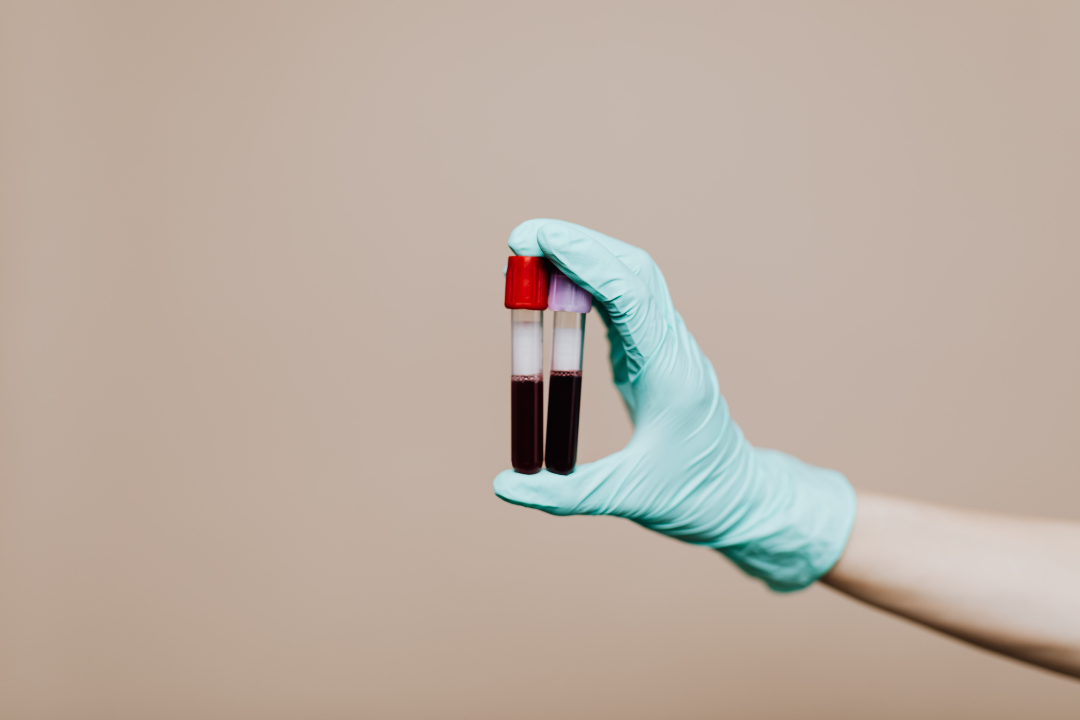If You’re on Birth Control, Should You Still Test Your Hormones?
Hormone testing can be a powerful tool for understanding your body — but what if you’re on birth control? Many women are told hormone testing isn’t useful while taking hormonal contraception, but the truth is a little more nuanced.
Whether you're trying to optimize your health, assess symptoms, or plan for the future, here's what to know about testing hormones while using birth control.
What Hormones Do Birth Control Affect?
Hormonal birth control (like the pill, patch, ring, injection, or hormonal IUD) works by altering your natural hormone cycle to prevent ovulation. This suppression can affect:
Estrogen and progesterone levels: Your body’s natural hormone production is typically reduced.
FSH and LH: These brain signals are often suppressed, so ovulation doesn’t occur.
Testosterone and DHEA: Androgens can be lower in some users, leading to changes in libido or mood.
Thyroid and cortisol: These are not directly suppressed but may be relevant if symptoms persist.
When Hormone Testing Is Useful on Birth Control
While some hormones are suppressed, testing can still offer valuable insights depending on your goals.
You’re experiencing symptoms like fatigue, low libido, acne, hair loss, or mood changes. Testing can help rule out thyroid issues, adrenal dysfunction, or imbalances not related to your contraceptive.
You have recently stopped hormonal birth control. Testing can establish a baseline and help guide a smoother transition.
You’re on a hormonal IUD or mini-pill, which may not suppress ovulation consistently — hormone levels could still reflect your natural cycle in some cases.
You want to understand non-reproductive hormones, like cortisol or thyroid function, which aren’t suppressed by birth control and can impact your energy, sleep, and metabolism.
When Hormone Testing May Not Be Helpful
You’re trying to assess your cycle or ovulation — synthetic hormones prevent ovulation and flatten your cycle, so testing estrogen, progesterone, LH, or FSH won’t reflect your natural rhythm.
You’re testing too soon after stopping the pill — it can take 2–3 months (or more) for natural hormone levels to rebound. Testing too early may not give an accurate picture of your baseline.
What Tests Can Be Run on Birth Control?
These tests are typically still useful:
Thyroid panel (TSH, free T4, free T3)
Cortisol (AM or 4-point saliva/DUTCH)
DHEA-S
Vitamin D, B12, ferritin (iron stores)
Insulin and fasting glucose
Liver function and inflammatory markers
Estrogen, progesterone, LH, and FSH are not usually accurate while on combination hormonal birth control, but may be considered in specific cases with professional interpretation.
What About the DUTCH Test?
The DUTCH Complete test can still provide insight while on birth control, especially for adrenal health, stress response, and androgen levels. However, it won’t give a true picture of ovulation or natural estrogen/progesterone patterns if suppression is in place.
Hormone testing while on birth control can be helpful — but it depends on the question you're asking.
If you’re trying to understand your symptoms, look at stress or thyroid function, or prepare to transition off the pill, testing is absolutely worth considering. But if you’re looking to track ovulation or assess your cycle hormones, it’s best to wait until you're off hormonal contraceptives for at least a few months.
Want to know what tests make the most sense for you?
Book a consult today and we’ll create a personalized plan based on your goals, symptoms, and type of birth control.

